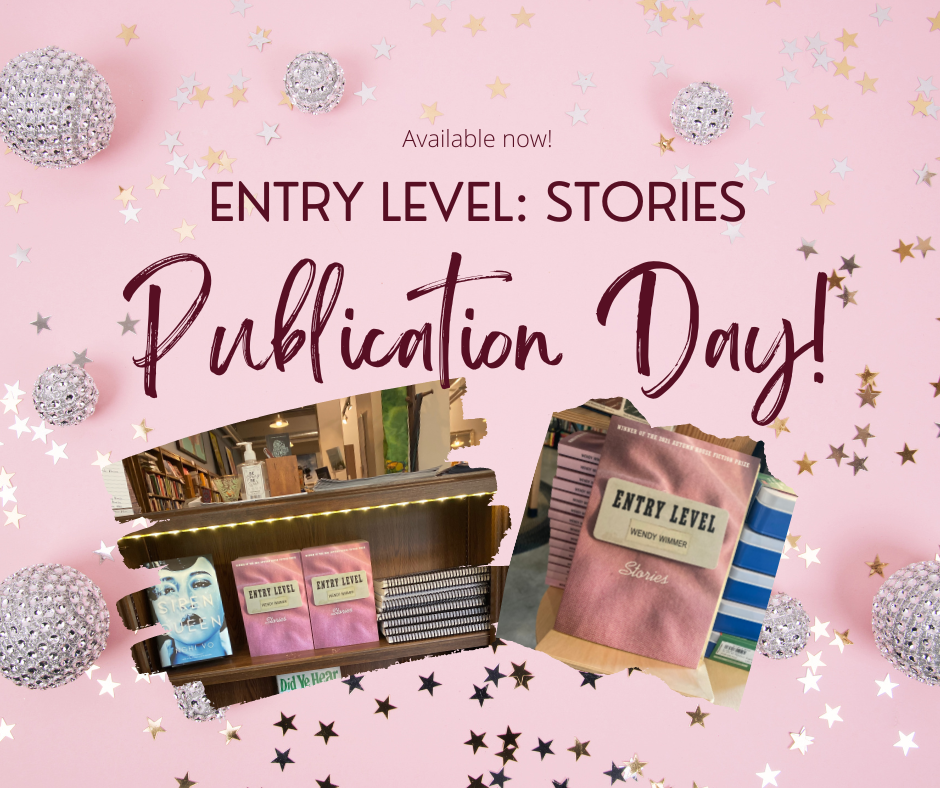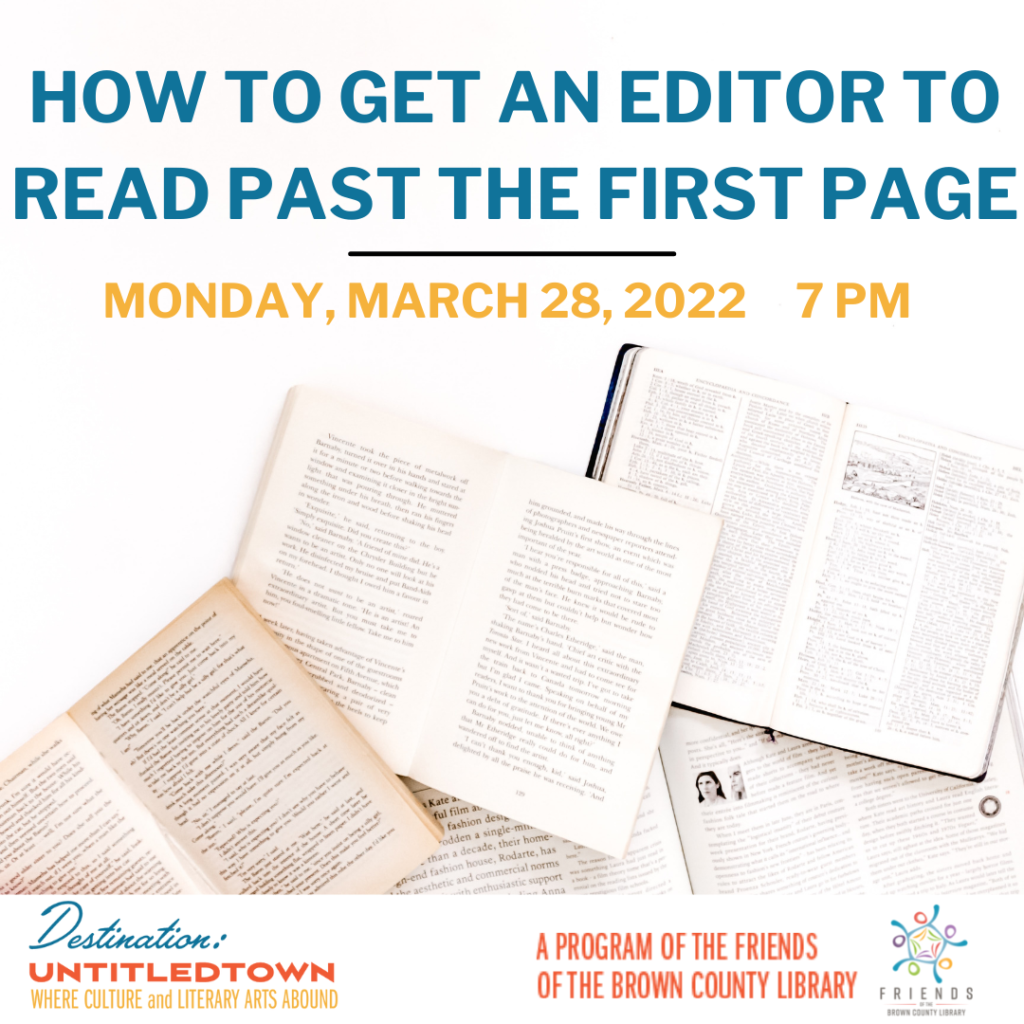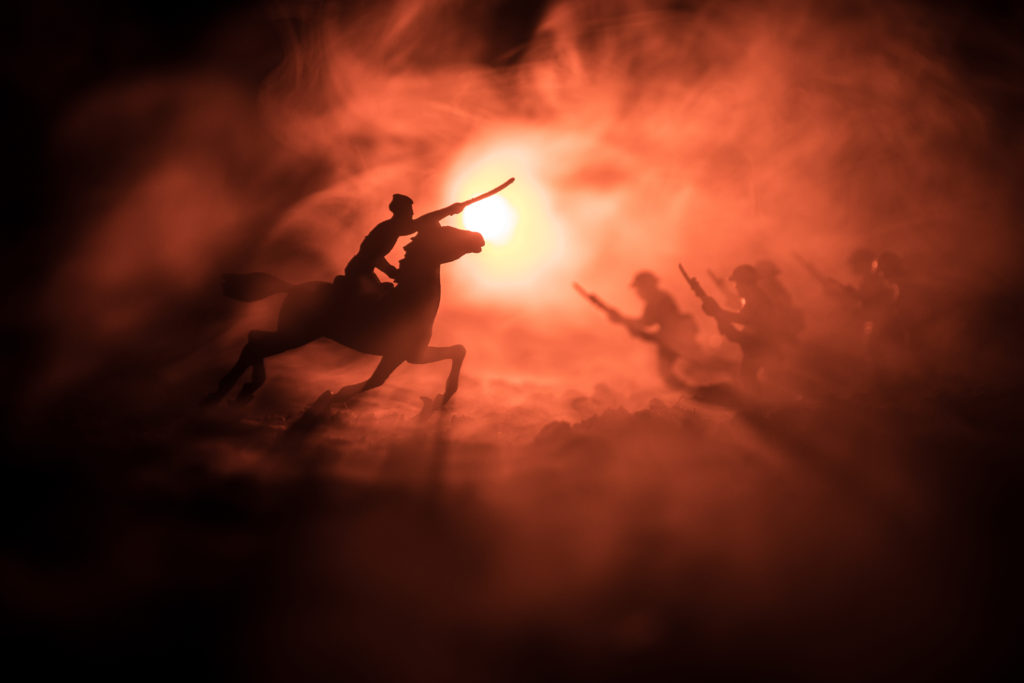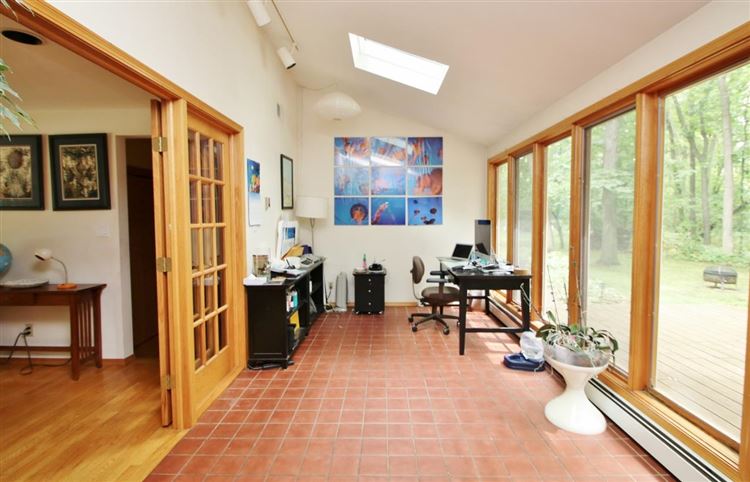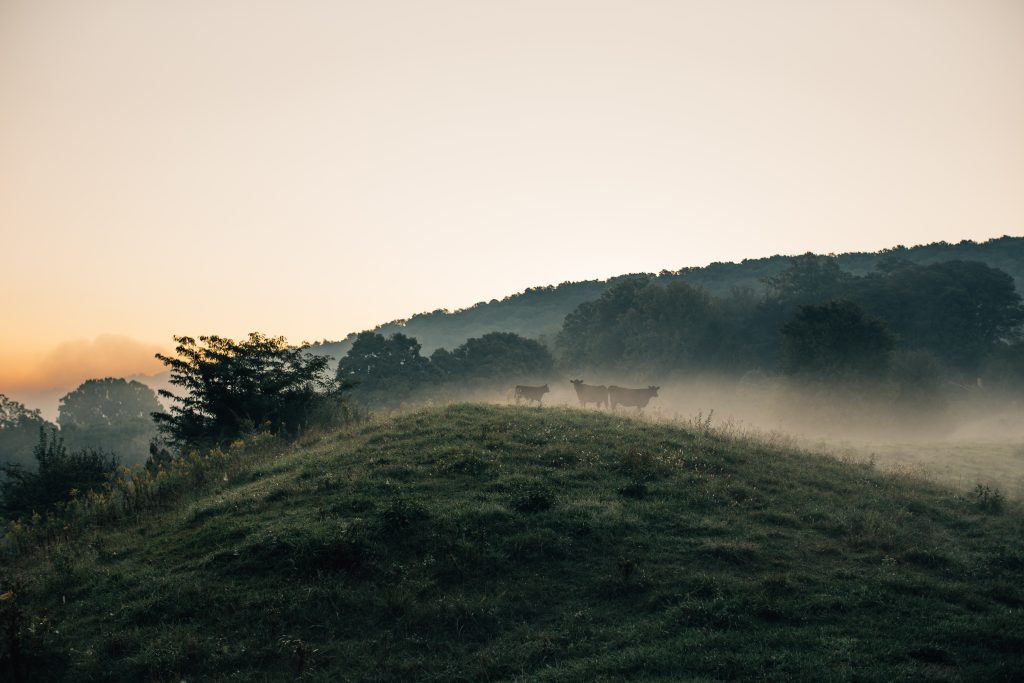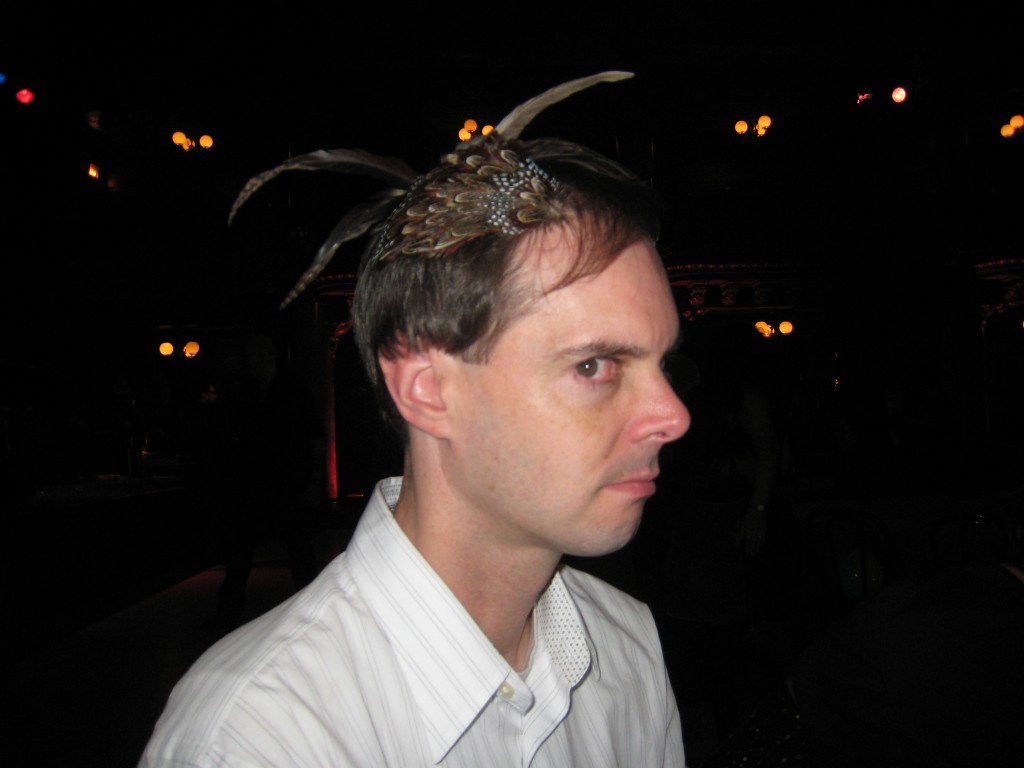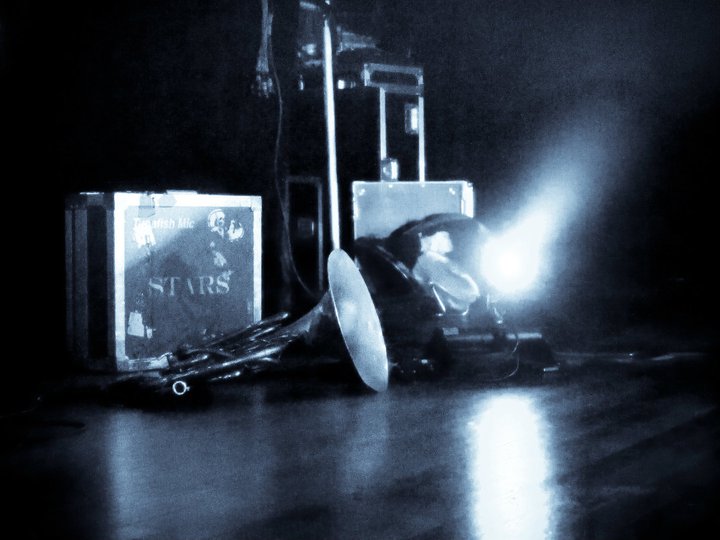
I have a funny little OCD problem: I can’t concentrate if resources are being wasted. For instance, if the light is left on in the bathroom, I’m incensed. I will think of nothing else until I can turn it off. Similarly, the dishwasher can drive me to distraction. We live in an old house, the kind with a kitchen that can fit on the head of a pin, and as such, our dishwasher is the kind that you roll over to the sink and hook up through a long hose and an elaborate series of janky blocades that we then install so that the leaky faucet won’t cause water to flow Niagara-style down onto our hardwood floors. Once you hook it up, you physically turn on the water full blast on hot, where it then stays “on” until someone turns it off. In theory, there’s some kind of mechanism inside the dishwasher that stops the water from flowing freely, except that doesn’t stop the water from dripping at the hose/faucet connection NOR does it stop the water from flowing, Victoria Falls-style from the point at which the faucet connects to the sink. Yes, there are more problems at play here than our microscopic kitchen, but basically it just means that the dishwasher must be babysat like an incontinent bulldog and the instant that the dishwasher moves from the rinse cycle into the heated dry cycle, the faucet must be turned off, lest all havoc ensue.
My entire life, I suspect, is spent in avoidance of ensuing havoc. I firmly believe that havoc is waiting for all of us, just around the next corner.
And yet, with all of my attention to the wasted utilities, I think nothing of days and weeks and months passing by, with my little creative projects languishing. I have a friend named Jen Larsen who published a real book last month. A real and honest book! I am possibly mentioned in that book. In fact, this friend of mine was in shit-you-not People Magazine, along with a photograph that was taken by yours truly (but not credited, thus alas I am not ultra-famous by association, my backwards name was not pressed up against Jennifer Aniston on the very next page). It is a very very good book. You should go buy three copies at the very least (you need one for yourself and two to pass along to friends who you absolutely will realize must read that book.) In fact, buy it from your independent bookstore and if they don’t have it on the shelves, ask them why the hell not and explain that you want to buy at least three copies and you intend to tell your neighbors to do the very same immediately.
It’s a little intimidating having fancy writer friends, who do things like write books, who actually know how to write books without crying in a closet.
I had a bit of a meltdown, dear reader, I confess. It happened a few months ago. I declared to the dear boy that I wasn’t meant to be a writer, not the fancy kind of writer anyway, and that maybe being a tech journalist was Good Enough. It certainly pays better than being a fancy writer, so why do I get all of these inflated ideas about being a fancy fiction writer anyway? Maybe I’d just learn to play golf better instead. And he took me by the shoulders and said “Cut it out.” And then I said I would cut it out, and at some point, I started cutting it out and finished the first draft of my novel.
Then I took a month off from thinking about it, took a short story workshop with the awesome guys at Barrelhouse (which you should also do, immediately. Look, you come here to read a blog post for free, you’re going to get a few homework assignments. I think that’s a fair trade) and then Christmas and New Year’s happened and then I went on the world’s longest press junket and then I sat back down, opened up my novel and thought “Well, fuck.”
It turns out that the second verse is very much not like the first. Second drafting? That’s apparently where the hard work happens. Man, I conveniently forget about that all the time. Thus, this is what I’m working on now. I realized that my life is too busy for novelizing. I realized that when things get in the way, I tend to push my creative work aside and let the rest of it wash over me. Something drastic was called for.
So I took a drastic step: I evaluated everything that was Not Writing time and decided what was essential and what wasn’t. I stepped out of all but the most crucial social engagements. I chose to quit a writer’s group that would have required attention to one short story a week. I stopped doing pottery. That one hurt the most, actually. I really enjoy doing pottery, even though it’s such a predictable middle-aged woman thing to do. It takes a lot of time, though: It eats up at least one night a week and most of the time, an entire Saturday. Two entire chunks of personal time that weren’t being spent maintaining crucial relationships, keeping my clothes clean or any other of the crucial time sucks that writers fight with on a daily basis.
The first 8000 words of my novel went out to three trusted readers for a sanity check/organizational questions first read. They gave feedback (well, two of them did) and now I’m onto the second draft. If you don’t hear from me for awhile, that’s where I am. Drafting like a motherfucker.
Until then, my short story “Where She Went” is now live at the fantastic Per Contra for your reading enjoyment.
